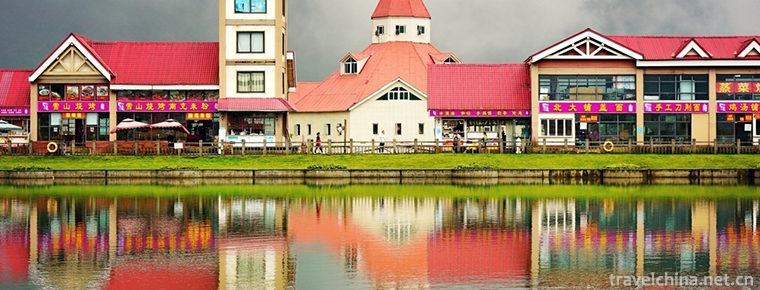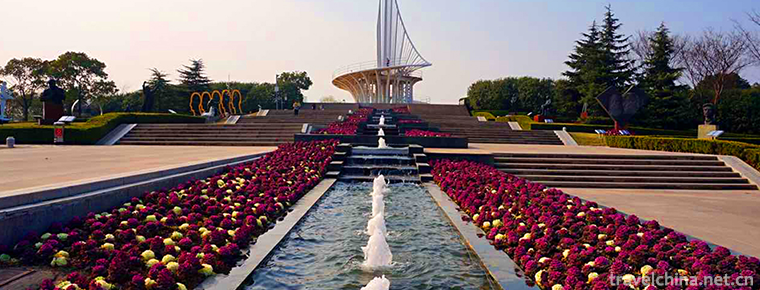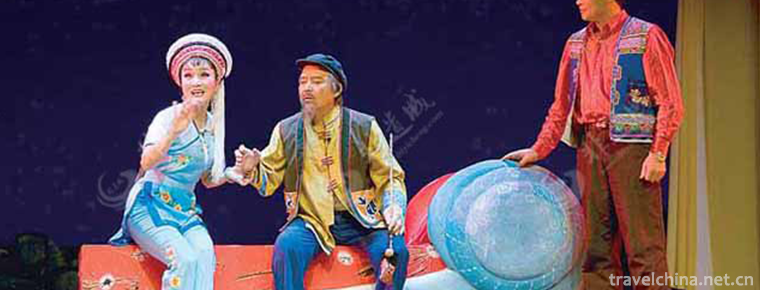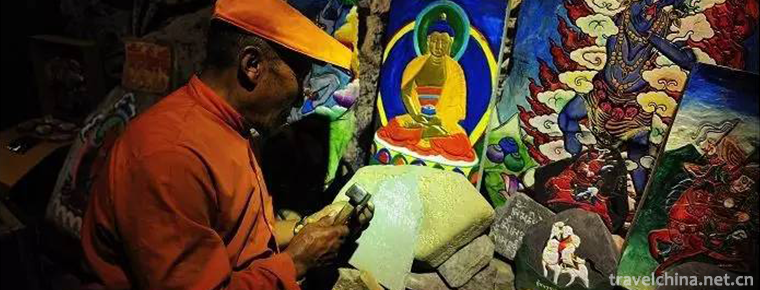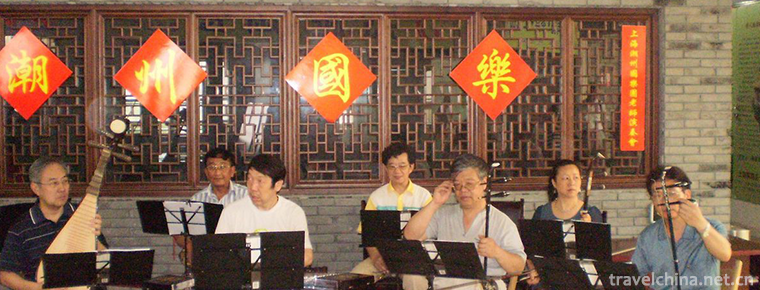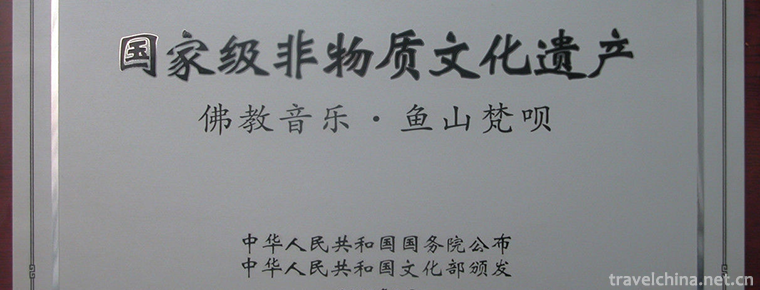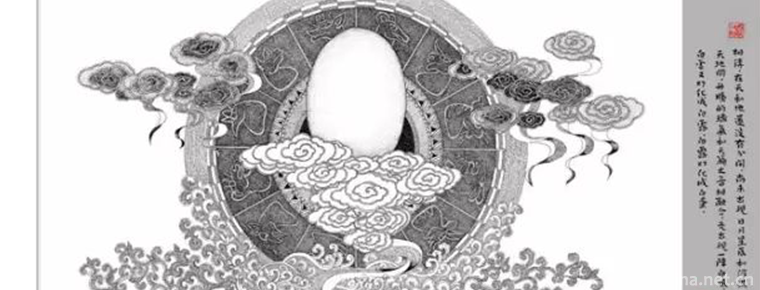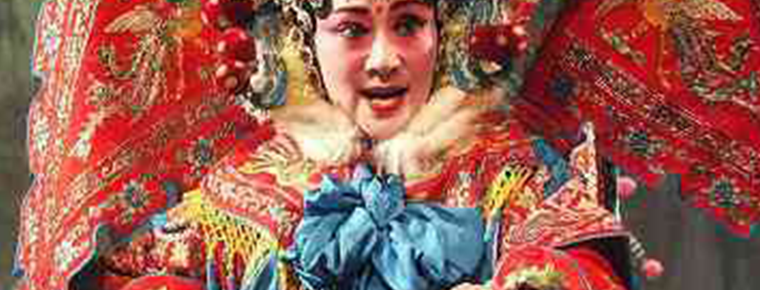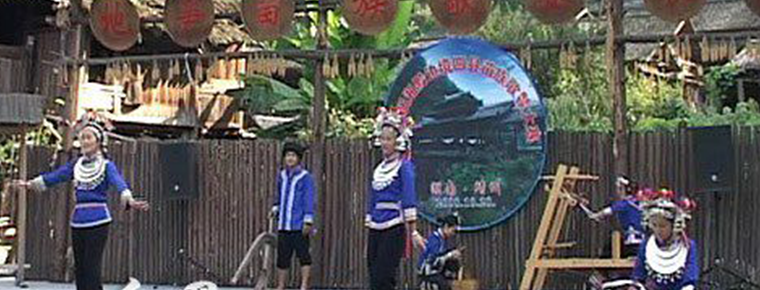Grass grass drums and drums
Grass grass drums and drums
Grass gongs and drums, also known as grass chants, are commonly known as "hilarious songs". It is a unique form of folk song art. It is a kind of Tujia folk song that the Tujia people gather dozens or even hundreds of people to do collective work during the weeding season, and ask two singers to beat a drum and a gong to face the people who weed and roar along with the rise and fall of the gong and drum. It is an important part of Youyang Ancient Song, a national intangible cultural heritage.
On June 7, 2008, Laocao gongs and drums were listed in the second batch of national intangible cultural heritage list with the approval of the State Council.
History
Wushan "grassland Gong and drum" is a unique form of folk song art. It mainly distributes in Shuanglong Town, Miaoyu Town, Muoping Town, Dachang Town, Longjing Town, Liangping Township and other townships. It is said that it originated in the Ba people period more than 3000 years ago. At that time, people changed from fishing and hunting to farming, beating drums and shouting to drive away wild animals and worship mountain gods, and then evolved into a kind of work folk song.
In the book Sancai Tu of Ming Dynasty, it is recorded that there are gongs and drums in Litian, whose voice is vigorous and vigorous, and its voice is slow and restrained.
During the Republic of China, "Xuanhan County Chronicle" records: "The Tumin people have the custom of"picking grass, Gong and drum"since ancient times. In summer weeding, several families turn to one another, and work in turn for the next week, often gathering dozens of people, two of them beat drums and bowls, corresponding to each other, the workers work hard and forget fatigue, their merits are more than double."
Intangible cultural heritage
In 1982, the cultural authorities of Sichuan Province organized musicians from all over the province to collect and collate Bashan folk songs represented by grass gongs and drums, and published an album. In March, the Tujia folk song "Grass, Gong and drum" in Xuanhan County was listed in the first batch of intangible cultural heritage protection list in our province.
On June 14, 2008, the intangible cultural heritage of Xuanhan County, "Tujia Tujia Grass Drum in Eastern Sichuan" was approved by the State Council of the People's Republic of China as the "List of the First National Expansion Projects of intangible cultural heritage".

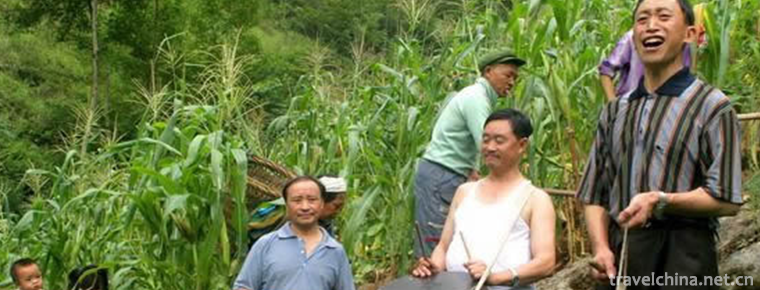
-
Serdang snow mountain Xiling snow mountain
Xiling Snow Mountain, located in Dayi County, Chengdu City, Sichuan Province, is only 95 kilometers away from Chengdu, with a total area of 483 square kilometers. It is a world natural heritage.
Views: 138 Time 2018-10-30 -
Shanghai Oriental land
Located in Qingpu District, Shanghai, Oriental Green Boat is the only large park in Shanghai that integrates outreach training, youth social practice, team activities and leisure tourism. Near the sce.
Views: 189 Time 2018-12-20 -
Bai opera
After 1949, on the basis of blowing tunes, Bai folk opera "Dabenqu" tunes were further enriched and improved, renamed "Baiju". The Lyric forms are basically sung in Bai language an.
Views: 196 Time 2019-04-03 -
Tibetan Gesar Painted Stone Carvings
Tibetan Gesar painted stone carvings belong to a relic of Chinese Tibetan Gesar culture. They are mainly distributed in Seda, Shiqu and Danba counties in Ganzi Tibetan.
Views: 113 Time 2019-04-06 -
Chaozhou Music
Chaozhou music is the general name of all kinds of traditional folk instrumental music spread in Chaoshan area of Guangdong Province, referred to as Chaozhou music.
Views: 155 Time 2019-04-16 -
Buddhist music
Buddhist music, the music used by Chinese Buddhist temples and believers in religious ceremonies. Buddhism believes that music has the function of "offering" and "praising Buddha"..
Views: 83 Time 2019-04-29 -
Black On White
The Black-and-White War is a comic book about the Naxi epic Black-and-White War, which consists of seven chapters..
Views: 347 Time 2019-05-03 -
Huaibei Bangzi Opera
Huaibei Bangzi Opera originally named Shahe Diao, also known as Shahe Bangzi, Anhui Bangzi Opera, and Henan Henan Henan Opera belong to a different genre, is popular in Anhui Province.
Views: 149 Time 2019-05-04 -
Jingzhou Miao Geku
The Miao people's song (tgong) has been declared as the first batch of national folk intangible cultural heritage and one of the two "national treasures" of Huaihua City..
Views: 132 Time 2019-05-08 -
Advertising for rent
There are six advertising spaces for each article, first come, first served..
Views: 369 Time 2019-08-30 -
Beijing Second College of Foreign Languages
Beijing Second Foreign Language College is a famous university with advantages of foreign language and literature and tourism management, and coordinated development of literature, management, economi.
Views: 311 Time 2019-09-06 -
Four famous Chinese embroidery
Suzhou embroidery is famous for its fine stitches, elegant colors and fine embroidery. It has the characteristics of flat, light, even, harmonious, fine and dense. The theme is mainly about small animals. Such as "cat play", "wind through flowers",.
Views: 316 Time 2020-12-12
